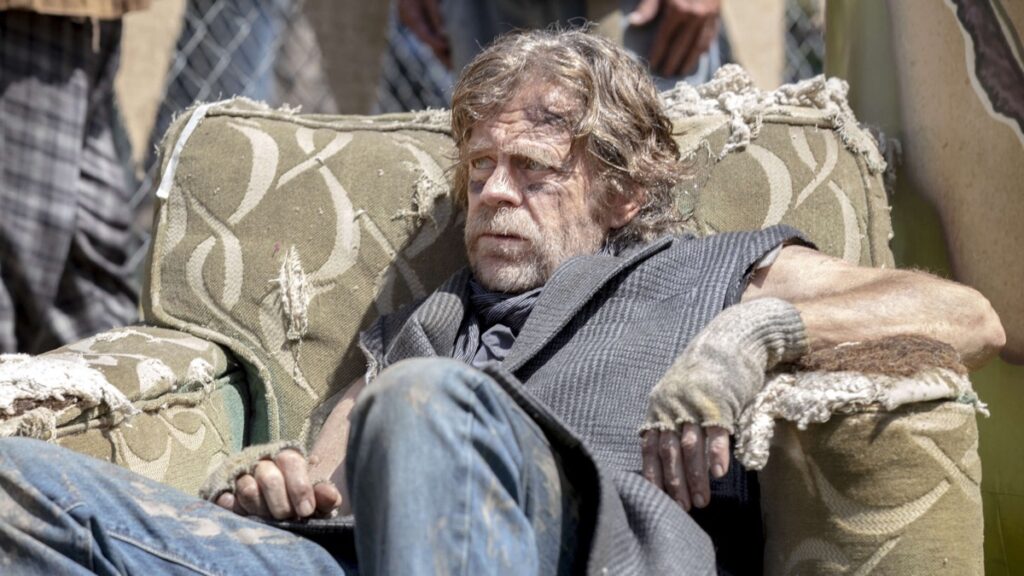The American Federation of State, County and Municipal Employees (AFSCME) District Council 33 announced a tentative labor agreement with Philadelphia's mayor, Cherelle Parker, around 4:30 a.m. Eastern, effectively ending an eight-day strike that severely disrupted city services. The work stoppage had begun on July 1 and resulted in heightened sanitation issues, gridlocked public libraries, and significantly delayed municipal repairs, as the sixth-largest city in the U.S. struggled to manage overflowing trash resources.
In her social media statement, Mayor Parker expressed relief, stating, “I have good news tonight for the hard-working men and women of AFSCME District Council 33, and for every taxpaying resident and business in Philadelphia.” The union represents approximately 9,000 municipal employees, including around 1,000 sanitation workers, who had been advocating for better compensation following the expiration of their short-term contract.
The newly negotiated three-year contract proposes a 14 percent salary increase during Mayor Parker's term and is pending ratification from union members. The strike is historic, marking the first extended work stoppage by the union in nearly four decades. Tensions during negotiations stemmed from disagreements over wage adjustments that union officials argued did not align with the inflationary pressures faced by workers.
During the strike, alternative measures were taken to manage the garbage collection chaos, including hiring private contractors, but this approach faced criticism for its inadequacy. Community members expressed discontent as unsightly trash piles permeated the city, exacerbating public health concerns. The resolution of this labor dispute marks a pivotal moment in Philadelphia’s labor relations landscape.
In her social media statement, Mayor Parker expressed relief, stating, “I have good news tonight for the hard-working men and women of AFSCME District Council 33, and for every taxpaying resident and business in Philadelphia.” The union represents approximately 9,000 municipal employees, including around 1,000 sanitation workers, who had been advocating for better compensation following the expiration of their short-term contract.
The newly negotiated three-year contract proposes a 14 percent salary increase during Mayor Parker's term and is pending ratification from union members. The strike is historic, marking the first extended work stoppage by the union in nearly four decades. Tensions during negotiations stemmed from disagreements over wage adjustments that union officials argued did not align with the inflationary pressures faced by workers.
During the strike, alternative measures were taken to manage the garbage collection chaos, including hiring private contractors, but this approach faced criticism for its inadequacy. Community members expressed discontent as unsightly trash piles permeated the city, exacerbating public health concerns. The resolution of this labor dispute marks a pivotal moment in Philadelphia’s labor relations landscape.



















